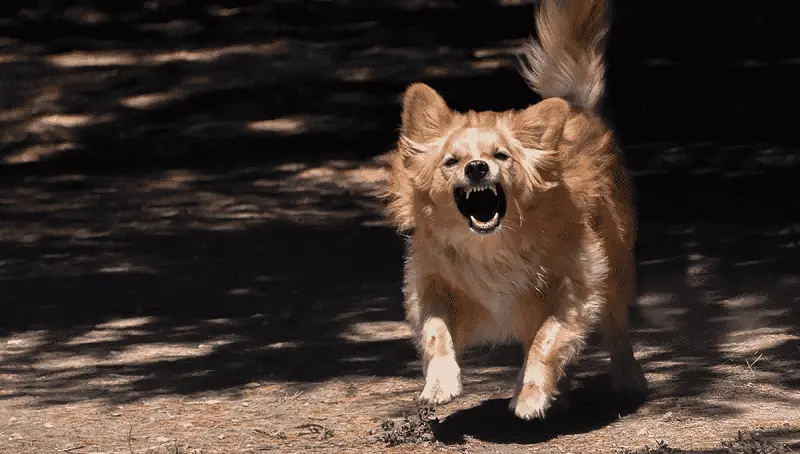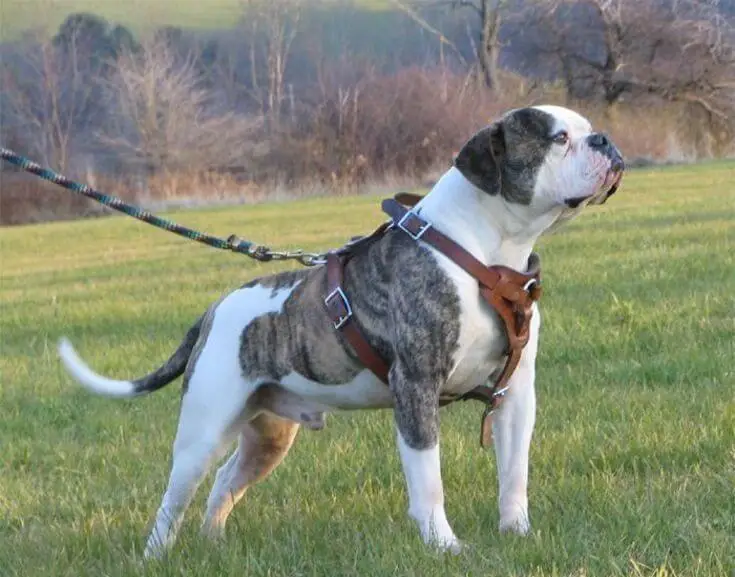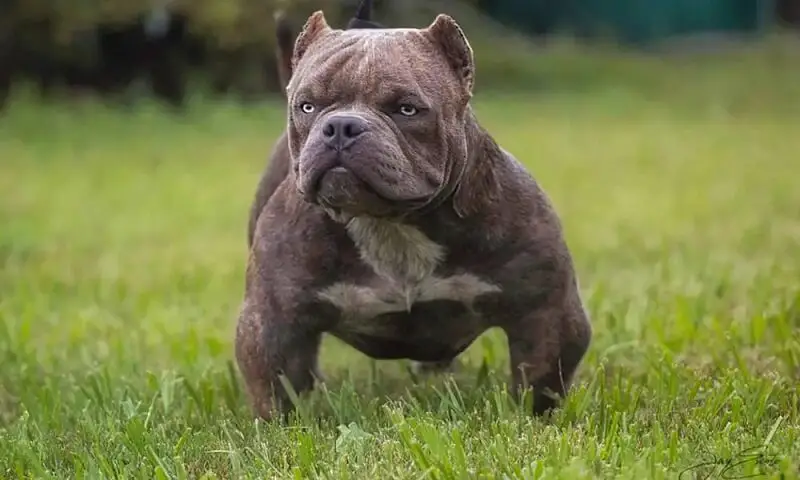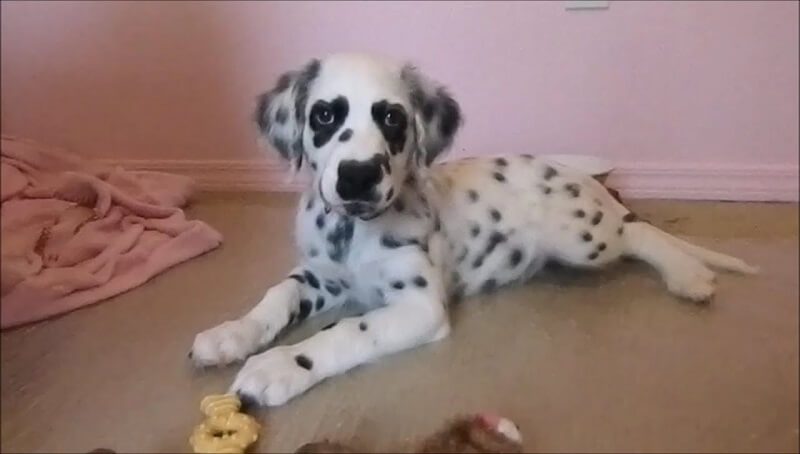Small dog syndrome can be associated with spoiled children. When we talk about small dog syndrome, we don’t have to think about a disease because it isn’t.
There are just a number of features found in small dogs, such as insufficient or no training, tolerance for certain things that he should not be allowed or have access to, and others. The unpleasant part is that for all these bad habits, which are to be blamed on the owners, many others suffer.
There are not a few cases when various owners take the dog on the bus and, when the dog starts barking or biting a lady’s skirt because it has the smell of a cat, he excuses the pet for “being small”.
Even if he is young, he must be trained. He should not be allowed to make noise on the bus, he should not be allowed to put his nose everywhere, or be allowed a number of things usually forbidden to dogs.
Hierarchy
The dog can only take advantage of the situation if it has been taught and allowed this way, and if it works for him, why not do it? Like many animals, he considers himself in a pack, and in a pack, someone must be the leader.
If the owner fails to honor this function, the animal thinks he is not a good leader, does not feel safe, and does not do the right thing, and then takes action and becomes the leader himself.
From such a posture, stature does not benefit him and he makes himself noticed as loud as possible, he bites, and he gets in front of his owner to give his point of view, to see what happens, as he considers himself the only leader.
Stature
If it’s a small dog syndrome, it means that only small dogs can have it. Think of a rottweiler cub and a chihuahua cub. They are both cute. After the age of one, they both mature the same, but only one grows more.
The mistake many owners make is that a Chihuahua is treated like a puppy all the time, although he is a cub just in the first part of his life. If the Rottweiler pees in the house he is scolded, but if the chihuahua pees in the house he is forgiven.
You might also like my articles about:
Small dogs are forgiven and overlooked for many things, much more than they should, and this affects their behavior. If he is not properly trained, he will understand that he is the most important one. In this way, he will start believing he is the leader of the pack, and realize that there are no limits to his behavior.
Superficiality
Many small dog owners consider themselves experts in raising dogs although they have no idea what they are doing. One proof of this is the low longevity of these small breeds. They don’t know how to feed the pet, they don’t know how to educate him, they don’t know how to take care of him, and they don’t know much about all of these. Because of this, many small dogs become jealous, noisy, or nervous over the limit because they are allowed to.
Outside, when he barks at a dog his size or bigger he doesn’t know he’s small or big, he just reacts. The difference is in the dog’s personality, not in size.
He gets in your arms when you’re at the office or eating because he wants attention or food. It is about respecting each other’s space.
Domination
 I will list some signs of dominance to see who is the leader in your home.
I will list some signs of dominance to see who is the leader in your home.
The first sign, perhaps one of the most noticeable, is stubbornness. When the dog has to do something or is told to get off the chair, sit down, take a leash, etc., and does not want it because it is stubborn, it means that it does not listen.
He thinks he is the leader of the pack and rather than do what you want him to do, he’ll simply make his own decisions. This shouldn’t be confused with communication issues.
Insistence is another sign. He insists you play with him, comfort him, give him attention, anything because he is the leader and considers he is entitled to everything on the spot.
The leash walking – He insists on going ahead of you when on a leash. Many people are walking dogs and not the other way around. The dog must walk next to the owner or in front if the owner wants to, not tow him like a broken car.
Another sign is the aggressive reaction when someone approaches their food.
Refusal – they are not performing the commands they have learned.
Growling. A normal dog does not growl unless he defends himself or is afraid. If he is growling for other reasons, like when someone approaches his bowl, plays with the ball or his toys, etc., that dog has a behavior problem. If it is small, it is called small dog syndrome.
There are many signs of domination, but you just need to look.
Recommendations
Teach your dog from an early age what is allowed and what is not allowed. Training offers the advantage of dialog. He can learn what is allowed and what is not allowed through positive reinforcement. Do not allow him to get on your lap when he wants, but only when he can and where he can. For example, he can sit on your lap if you’re in the living room and watch TV, not when you work at the office or when you eat.
All of the above are factors that lead to the manifestation of this abusive behavior, called small dog syndrome. Fortunately, there are solutions. The leadership chair is not as stable as the little furry thinks. The earlier action is taken, the easier it is to correct the errors in his behavior.
- Treat your dog like a dog: Dogs of all sizes are still dogs, not children or live toys. There are also no mannequins for various clothes and accessories “in fashion”.
- Do not take your dog everywhere with you. He is small enough to fit in a purse, but it is not a Hollywood accessory. Do not carry your dog in your arms when you go shopping. First of all, the city and most shops do not like dogs. Second, holding him in your arms is a sign of your submission to him. And thirdly, exercise is necessary for the dog and he has to walk alone.
- Be aware that you have a small dog whose behavior can easily degenerate.
- Socialize and educate the dog from an early age. From 3-4 months, the training must be started, and the dog must learn at least the basic commands. Set house rules, and make sure the dog sees you firmly adhere to them. Don’t be fooled by innocent and cute puppy eyes. Determine exactly where he is allowed to sit, in which rooms, or which seats on the sofa are restricted. You control the food source. You feed him when you want and what you want. The dog knows that only the leader is the one who manages the food.
- Penalize any unwanted or aggressive behavior. Do not allow your dog to jump, climb on your lap, or get in your bed. The pet is not allowed to guard things; it is you who manages them, like toys and your personal belongings. Socialize your dog with other people or animals. Present life situations as varied as possible, so that you can be relaxed when you meet them or new ones. A dog that has been through a lot of experiences will manage a new situation easier most of the time.
- Respect your dog’s personal space, and give him the daily dose of exercise. Don’t forget to give him affection, but only when you consider it proper, not when he asks. Be rigorous in the education of your small dog, and then you will certainly not have a dog with small dog syndrome.
The general rule of having a healthy dog in all respects is to know how to feed him healthily. And I mean the correct diet of a dog, not what a man eats, as well as behavior, daily movement, play, and a little training to be able to dialogue with him. It’s not hard, but many don’t do that. This is why we have small dog syndrome and other behavioral syndromes.




